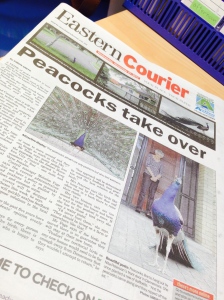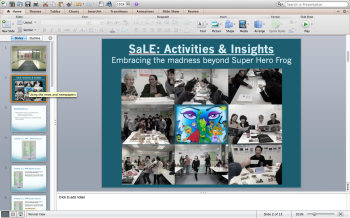Yesterday I gained access to the Delta website and consequently downloaded and printed the materials for Module 1.
At first I was overwhelmed especially in terms of navigating the site and the amount of paper there were. I know it’s going to be a hard slog for the first few weeks just getting familiar and achieving what’s required.
Luckily, I did some initial prep work and this blog post by Sandy Millin was extremely helpful.
I feel quite confident about this. I think it’s just a matter of managing my time (along with work and play), and getting on top of the course work.
Through working hard and working smart, I sure hope that I get that pass with distinction!
There’s a lot I wish I’d known before I started studying for my Delta, and I thought I’d put it all into a post for anyone else preparing for the course. If you’ve got any tips you’d add, feel free to put them into the comments.
1. Take a holiday
Before you start the course, make sure that you’ve relaxed as much as possible. However you do it, the Delta is incredibly intensive, and if you go into it already tired, like I did, you’ll regret it.
2. Get reading
Start reading a few general books to get you in the zone. This will also give you a starting point when you are doing the course. Reading is something you probably won’t be able to take the time over during the course, so the more you can do before you start, the better. You’ll definitely return to the…
View original post 1,665 more words


